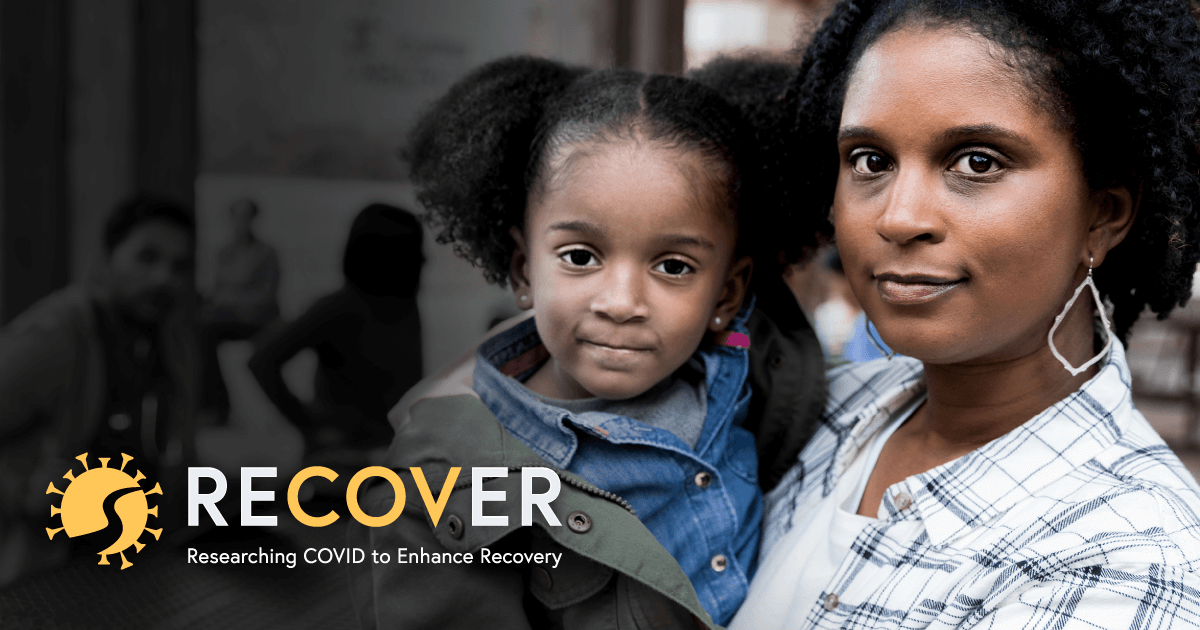Sadly, there was talk of neuro-psychiatric psychosis associated with Long Covid. "Alzheimers-associated" implies some pathological finding of neuro-degenerative disease.
But cognitive impairment does not mean dementia, except where someone was trained to assume that it is equivalent, which I found odd and ominous in the administrative procedure of an NHS sub-contractor.
But maybe if its "
neuro-cognitive" and someone fuzzy wrote it up for Wes Ely's
withdrawn immunomodulation trial at Vanderbilt University Medical Center:
ICH GCP
US Clinical Trials Registry
Clinical Trial NCT05858515
REVERSE-Long COVID-19 With Baricitinib Study (REVERSE-LC)
REVERSE-Long COVID: A Multicenter Randomized, Placebo-Controlled Clinical Trial of Immunomodulation (With Baricitinib) for
Long COVID Related Cognitive Impairment and ADRD (Alzheimer's Disease and Related Dementias)
REVERSE-LC is a phase 3 trial of baricitinib versus placebo in adults with
neurocognitive impairment (a form of Alzheimer's Disease and Related Dementias or ADRD) or cardiopulmonary symptoms due to Long COVID.
Status - Withdrawn
January 29, 2025 updated by: Wes Ely, Vanderbilt University Medical Center
Eligibility:
Meet the following criteria for "Post-COVID Condition" or Long COVID:
* Cognitive impairment as defined by having at least 20% positive (worse or much worse) items on the ECOG assessment
* Neurocognitive symptoms must have been present for at least 60 days prior to screening. Symptoms that wax and wane must have been initially present at least 60 days prior to screening.
Exclusion:
* Severe cognitive, physical, or psychological disability that would prevent participation in the study
Secondary outcomes (over a 9 month time-frame):
Everyday Cognition: Assess percentage changes of cognitive impairment using Everyday Cognition (ECog) scale in the baricitinib arm compared to the placebo arm from baseline to week 12
Global Neuropsychological Function: Assess percentage changes of global neuropsychological function as measured using the CNS Vital Signs Neurocognition Index cognitive battery between baricitinib and placebo study arm from baseline to week 12.
Post-Exertional Malaise: Assess percentage changes of post-exertional malaise using De Paul Symptom Questionnaire - Post-Exertional Malaise (DSQ-PEM) in the baricitinib arm compared to the placebo arm from baseline to week 12
Symptom Burden: Assess percentage changes of post COVID-19 symptom burden using the Symptom Burden Questionnaire for Long COVID (SBQ-LC) Circulation Subscale in the baricitinib arm compared to the placebo arm from baseline to week 12
Inflammation biomarkers: Decreases in plasma biomarkers of inflammation in the baricitinib arm compared to placebo arm from baseline to week 12
Viral Reservoirs: Decreases in viral reservoirs for the baricitinib arm compared to placebo arm from baseline to week 12
Etc:
And see below that the list of Long Covid clinical trials, in several countries, some now recruiting.
Edits: add link, remove boxes






